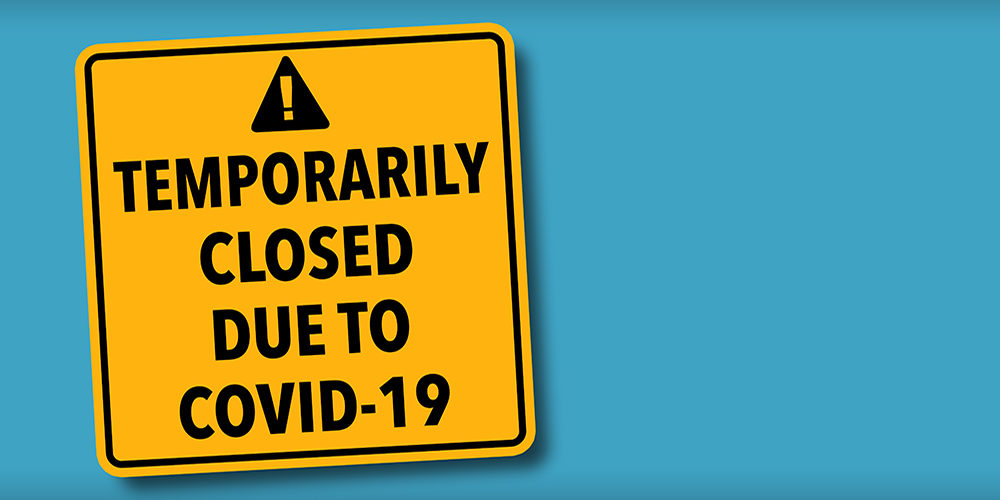Every student deserves to feel safe and respected in the classroom and in their workplace.
On Oct. 22 the Gay Lesbian And Straight Alliance (GLASA), a student club, held their first ever ‘Safe-Space’ training for members of the Queens College faculty. The meeting was designed to educate attendees on how to make classrooms safe spaces for lesbian, gay, bisexual, transgender and queer students.
Several students shared personal incidents where they felt professors didn’t make the classroom feel safe for them; experiences that were similar to my own.
Two years ago when I was a student at Queensborough Community College, a discussion in my Sociology class turned to homosexuality and the reason(s) why people are homosexual.
Some students felt it was a conscious choice to be homosexual. One guy offered the theory that men are gay because there is some sort of smell or scent that attracts men to other men.
After everyone else had their say I decided to raise my hand and say what my thoughts were. My exact words were as follows:
“I’m gay but not for any of the reasons these guys said. There’s no secret scent that makes me attracted to guys and I did not choose to be gay. I’m gay because that’s the way I was born. Sure I’ve seen women who I would say are attractive I’m just not attracted to them.”
Dead silence followed my speech. The other students were pointedly staring at the front of the room away from me as if I had said something disgusting.
After a few moments the professor gathered himself. He thanked me for being courageous enough to speak up and asked me to offer my opinions on what my classmates had said.
Apparently once I said the words ‘I’m gay’ nobody heard what followed. I repeated my statement and waited to see what everyone had to say. One student said to the professor that my admission of saying women were attractive was proof homosexuality was a choice and the professor agreed.
This frustrated me because again people were not listening to my exact words. I raised my hand again determined to set the record straight. The professor noticed me but instead of letting me speak, he moved on.
That was the last time I ever spoke in that class. From then on I would sit at my desk in the back of the room and keep to myself.
I felt disrespected by the professor and the students. Everyone was fine discussing this issue until they discovered an actual homosexual was in the room, as if I had intruded on their conversation.
Similar situations can also be found in the workplace and unfortunately I have had experience there as well.
For three years I worked at an after-school program and a summer camp taking care of kids. I was careful never to reveal my sexuality when I first began working there. The word “faggot” was thrown around quite often especially by the children. It was uncomfortable to hear but I gritted my teeth and worked through it.
After working there for two years I felt comfortable enough to tell a few coworkers about myself. That turned out to be a huge mistake.
Soon I was flooded with hate-filled phone calls and emails. I was frequently taunted at work with verbal insults which soon escalated into physical violence. First a few fights at work followed by someone throwing a brick at me from a moving car while I walked to the subway one night.
When I made a complaint with my boss she brought us all into her office. She told my coworkers they would be deducted one hour’s worth of pay and they had to issue me an apology. I was very unhappy with how she handled the situation and her actions only made things worse.
My coworkers told everyone else, including the kids, about my sexual orientation. While some of my other coworkers were sympathetic I endured many cruel taunts from the kids. Soon after, my tormentors quit and the taunts died down but I was left with a permanent sense of unease until I finally left the job.
This type of workplace harassment is not uncommon. According to a 2011 study by the Williams Institute on Sexual Orientation Law and Public Policy 15 to 43 percent of gay and transgender workers have experienced some form of discrimination on the job.
Sometimes I wish we all lived in the fictional world of Glee. Characters like Kurt Hummel are put through the wringer but always manage to come out on top solving his problems within 40 minutes through song and dance.
Unfortunately we live in the real world and people don’t spontaneously break into song. Besides, I can’t sing worth a damn.
I’m a proud member of GLASA and I support safe space training. Perhaps if there had been safe space training at QCC or my old job, these situations could have turned out different. Maybe my professor and my boss would have been better equipped to handle these problems if they had the proper training.
My stories are just two of countless untold stories. Hopefully through GLASA’s safe space trainings, we will start seeing a change for the better beginning with the classrooms on our campus.













